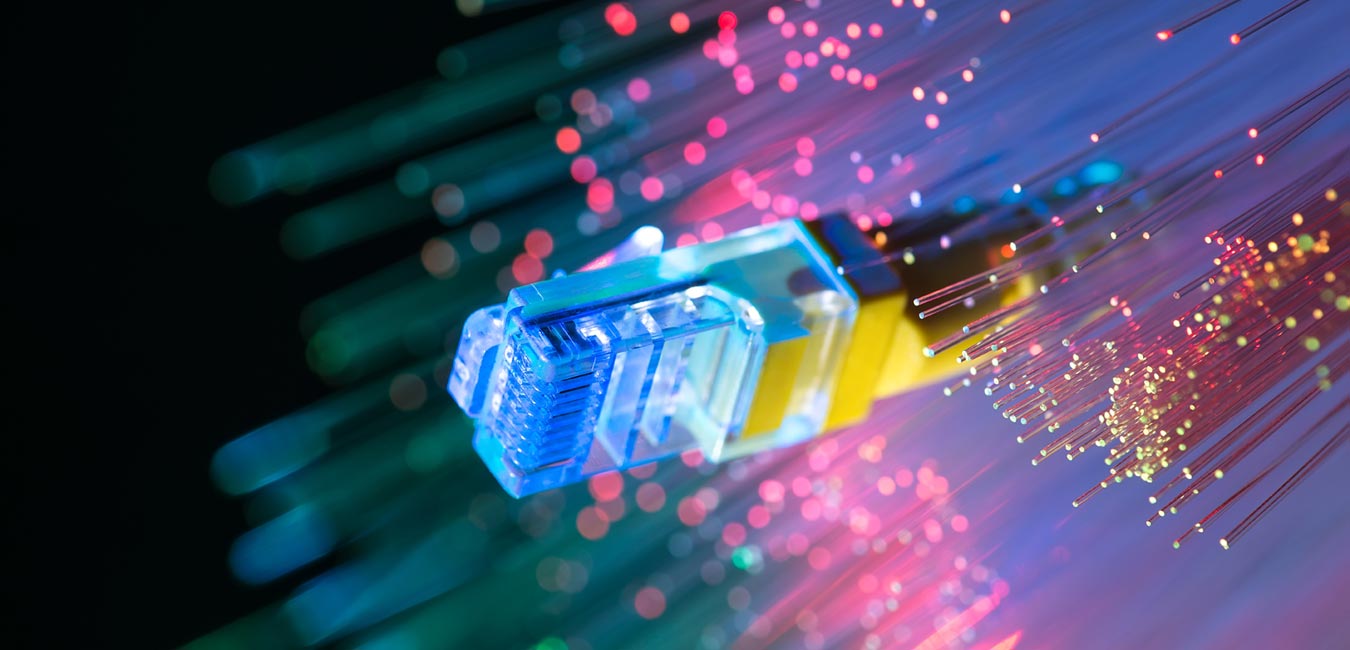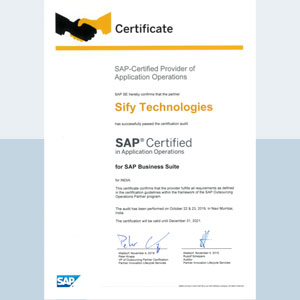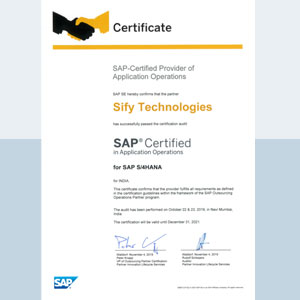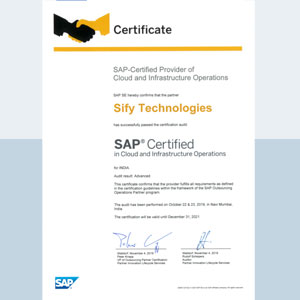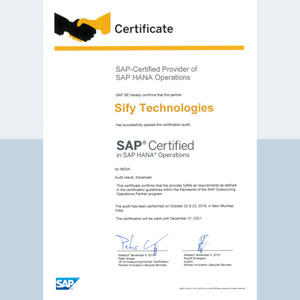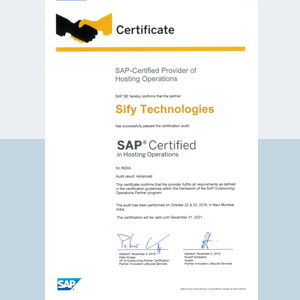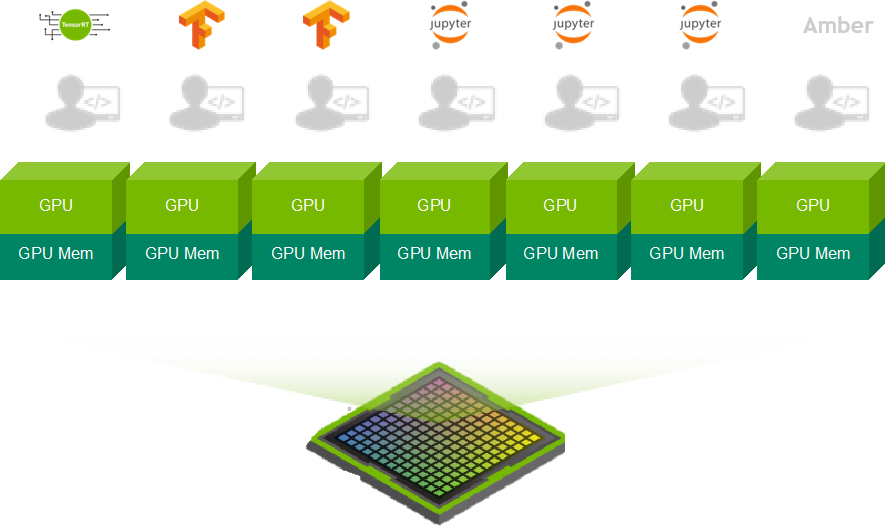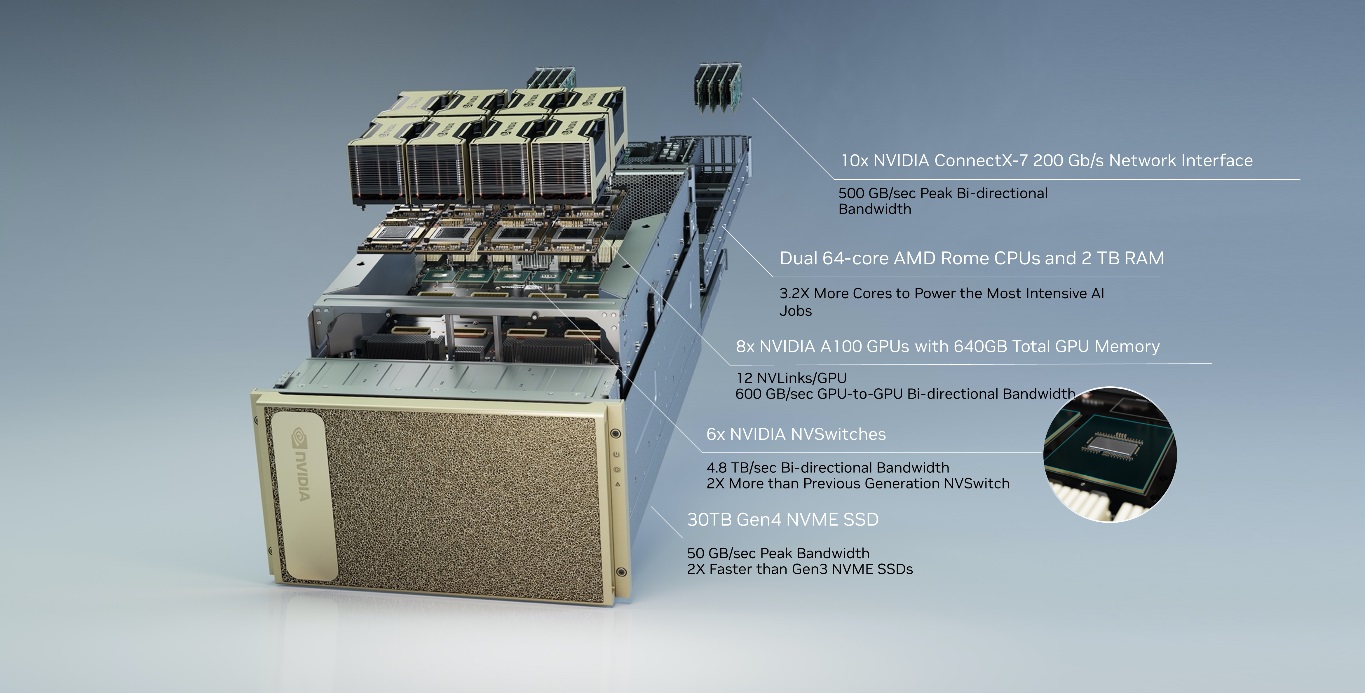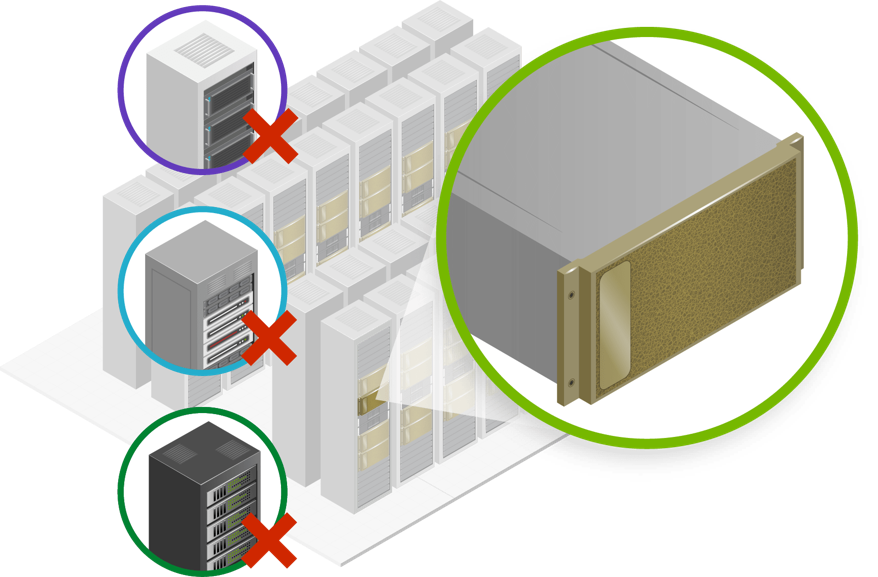The internet can be accessed in many ways, as evidence in the form of the evolution of the internet connections over the last few years. Today, the broadband is usually considered as the most popular medium for accessing the internet, especially in homes. However, when it comes to larger establishments and commercial spaces such as hospitals, corporate offices, and colleges, internet leased lines are preferred. Why is that, exactly?
Defining internet leased lines and broadband connections
An internet leased line is a premium, dedicated internet connection between the local exchange and one’s premises. Usually delivered over fibre, an internet leased line, which is also otherwise called as a private line, data circuit, a dedicated line or an ethernet leased line, provides symmetrical, uncontended, and identical internet upload and download speeds. An internet leased line has a fixed bandwidth and isn’t dependent in contention with other users.
Broadband, on the other hand, is a non-dedicated connection between the local exchange and one’s premises. Not only does it have a variable bandwidth, but it also provides asymmetric speeds which are slower for uploads and faster for downloads as well as is subject to contention with other users.
Difference between internet leased lines and broadband
- Connection: Internet leased lines and broadband connect to the business premises in different ways. While they both are transferred via cables, the difference lies in how. An individual gets their internet from the local cabinet/box on the street/apartment building where one lives. That box contains a copper-wire or fibre connection to one’s premises and delivers the internet. Thus, the exchange is via a series of cables in both cases. However, in broadband connections, cables are split between all other local premises, while leased lines are dedicated circuits coming only to your premises – that means no sharing in leased lines
- Consistent speeds and contention: Since various premises share the same cable split ‘n’ number of ways in broadband, the speed is also affected. So, even if one gets a 76Mbps connection, the speed varies according to how many other people are using the broadband at the same time. Realistically, at peak time, one might be getting a much slower speed if everyone is using unlimited downloads. However, with an internet leased line, there is no slower speed because there is no contention with others. Even if you have only a 10Mbps connection, you’re getting the 10Mbps in its entirety.
- Reliability and SLAs: When it comes to issues such as the internet being down, for how long can you work without it? This is where Service Level Agreements come in. Some broadband providers don’t even provide SLAs, but do mention about the internet being fixed as quickly as they can in their service terms. However, one might have to wait for a few days. With internet leased lines, users can expect strong, to-the-point SLAs with better reliability. In fact, leased line issues might even get fixed within a matter of a few hours, while of course, keeping the issue in mind.
- Bandwidth choices: When it comes to internet leased lines, users can take their pick from a wide range of bandwidth choices, right from 64 Kbps and 128 Kbps to 2 Mbps, 80 Mbps, and even as high as 155Mbps. The choices are much more restricted and lesser when it comes to broadband.
So, while broadband might be cheaper than an internet leased line, but it certainly isn’t a match for the latter when it comes to the above-mentioned aspects. When one is considering a new internet solution, the best thing would be to analyse what you exactly need and compare the options for both broadband and internet leased lines before zeroing in on one.
There are numerous internet leased line providers in India and Sify is proud to be one of the oldest & widest network coverage providers.




